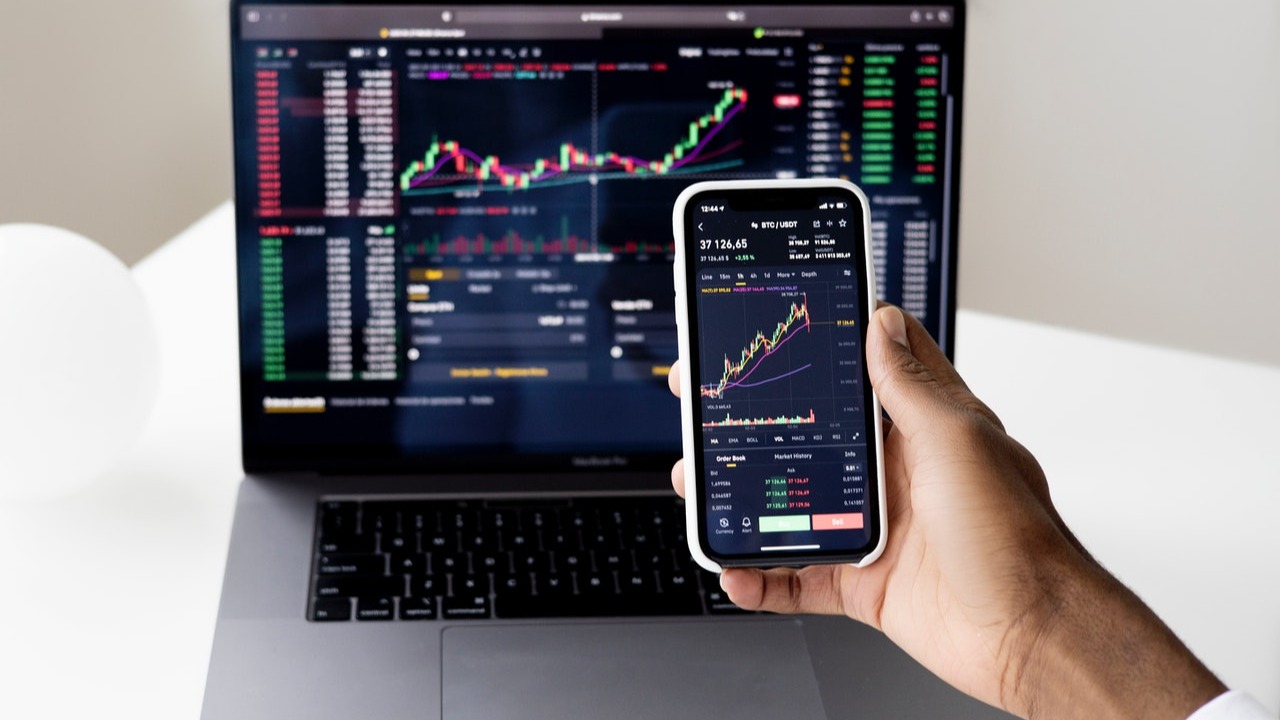
4 Ways To Protect Against Loss In The Crypto Market
Published
As soon as you mention cryptocurrency in any circle, loss and market volatility will jump into the discussion.
This can range from price crashes to sophisticated hacks, depending on who is speaking. Loss is currently a concern for anyone interested in cryptocurrency, and it will likely remain so for some time. But it's not all doom and gloom. There are an increasing number of remedies, each attempting to address different aspects of the problem, but some are more effective than others.
Here's a review of the many ways to secure your crypto.
Set Selling Triggers on Your Trading Account or Use a Stop Loss
Stop Loss is a trading trigger that sells crypto assets when a price is reached, preventing further losses.
Stop losses are the most prevalent method used to protect against cryptocurrency transaction losses. Though this appears to help avert losses, you may not profit from upswings.
The cryptocurrency market is extremely volatile. It also trades a large volume and market capitalization. It is common for the price of an asset to decrease by a significant amount and then return to that price in a matter of minutes. However, when a stop loss is used, the assets are sold off, this also prevents the asset value from rising when the decrease rebounds.
Don’t be a Victim of FOMO or FUD
While keeping up with the latest cryptocurrency news and developments is essential, having too much information can be harmful. This is especially true during market downturns when it's all too easy to let your emotions take over and make some bad trades.
Fear of missing out (FOMO) and FUD (fear, uncertainty, and doubt) are familiar terms in the crypto world, and they can have a bigger impact on how we buy and sell, even if we don’t like to admit it.
FUD is a term used to describe negative market sentiment sparked by a rumor, an unfavorable news story, or a notable figure (e.g. Elon Musk) expressing concerns about a specific market or asset. Traders selling their stocks in expectation of further price drops may have a negative effect on the price.
FOMO refers to a trader's tendency to get carried away with wishful thinking after seeing favorable market movement or news, sometimes neglecting fundamental indications in their eagerness to board the next rocket ship to the moon.
Remember that no one can foretell the future. Nothing is more important than drawing your conclusions. Influencers may intentionally create FUD or FOMO just to profit. This is to manipulate markets in a particular direction. Always confirm from multiple sources if you want to benefit from recent developments in the crypto markets.
Get a Crypto Insurance
You are familiar with the concept of insurance in traditional finance. You insure your belongings against theft, damage, and loss, and in some situations, it is required by law. We've seen traditional insurance firms enter the crypto sector in recent years. We've also seen some outstanding DeFi firms that try to create a fee-based safety net for your crypto.
Rather than price or value volatility, this decentralized insurance focuses on code flaws, hacks, scammers, and hardware failure. However, knowing that your wallet is protected gives you some peace of mind.
Insurance is a crucial component of the cryptocurrency ecosystem, and as the market evolves, this type of loss should become less common.
HODL and Think Long Term
You only lose when you sell, is a well-known adage in crypto trading. While this may not always be true, one should consider it. Unrealized losses occur when the worth of your assets has decreased after you purchased them, and they are only realized when they are sold for less than the original purchase price.
Over the long term, Bitcoin has continuously trended upwards. Even if prices are falling due to a brief market correction or a longer bear market, history shows that prices will eventually recover due to economic factors such as scarcity.
Negative price movement can be considered transient if your investing period is longer (years rather than weeks or months). Holding for the long term has shown to be a successful approach, with Bitcoin becoming one of the most obvious examples.
Conclusion
There are many other ways to prevent loss in a crypto market. While some may apply to you, others will not. It is important to do your research and choose the most applicable loss prevention for you. Do not try to follow the market. Make your own decision and watch your assets grow over time.
We've also put together this free webinar to teach you what you need to know before investing in crypto this year. Remember, knowledge is the best protection against loss. Register here